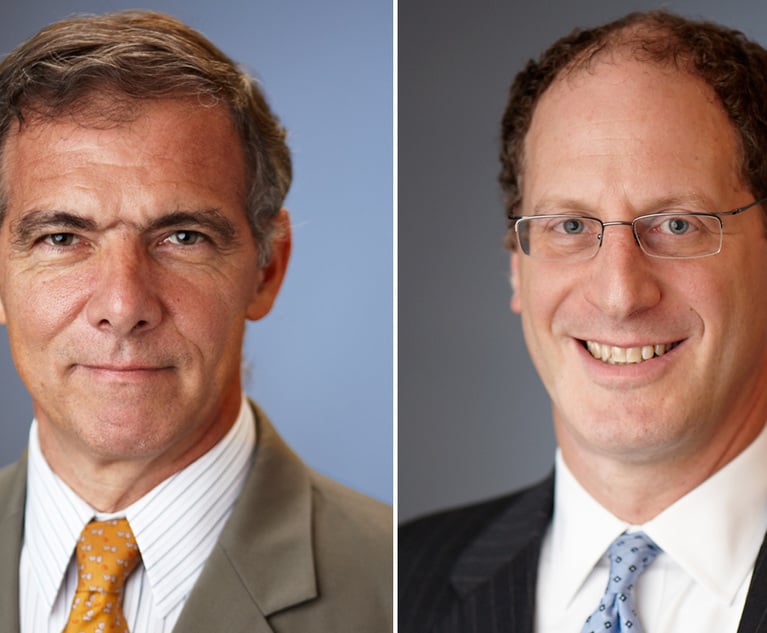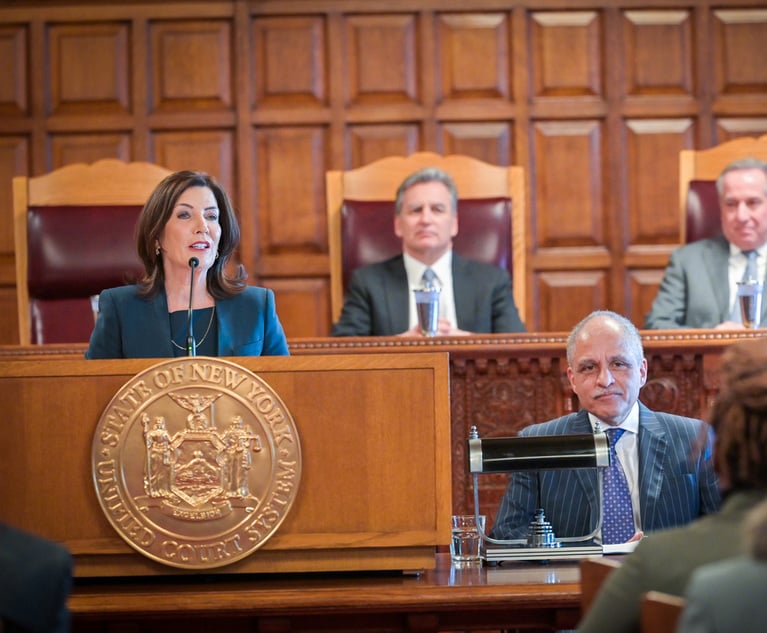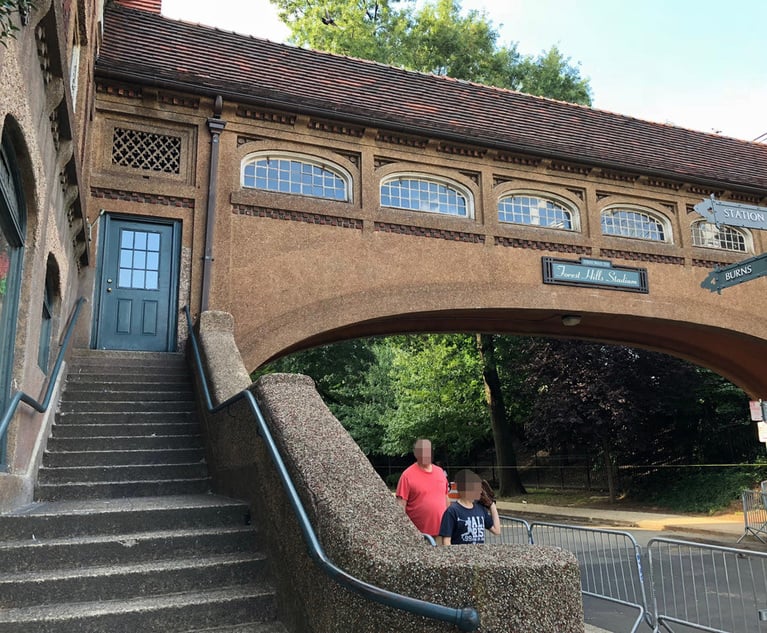Fischer v. United States, No. 23-5572 (2023), an appeal scheduled to be argued this Tuesday by a defendant charged for physically obstructing Congress’ joint session to certify the result of the 2020 Presidential Election, is the latest test of the Supreme Court’s pattern of rejecting broad interpretations of federal criminal statutes. See R. Anello & R. Albert, “SCOTUS Confirms “Unmistakable Trend” in Narrowing Identity Theft Statute”, N.Y.L.J. (Aug. 10, 2023).
This time, however, the question arises with the outsized specter of the prosecution of former-President Donald Trump looming, barely in the background. In Fischer, the court will determine whether 18 U.S.C. §1512(c)(2), which in broad terms criminalizes the corrupt obstruction of an official proceeding, applies to defendants who forcibly entered the Capitol building on Jan. 6, 2021. To those who have been following the court’s criminal docket, a ruling narrowing the statute’s reach would not be surprising.


 Robert J. Anello and Richard F. Albert
Robert J. Anello and Richard F. Albert




